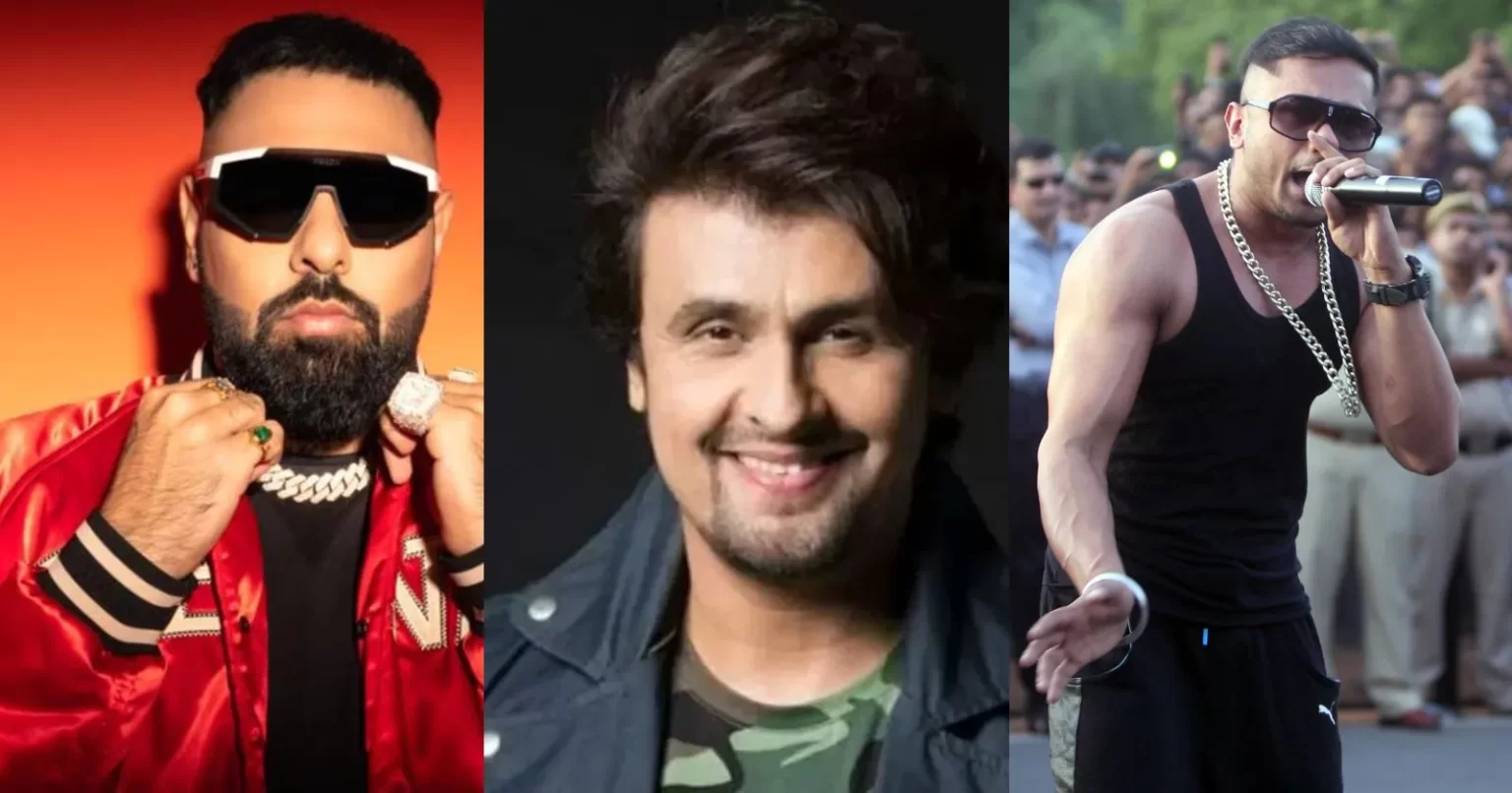Rap music has seen several major changes in the Indian music business throughout the years, which are among the most important changes. There has been a huge rise in quality and appeal in the Indian rap industry, from early pioneers like Baba Sehgal to modern performers like Badshah and Dino James.
The way the Indian rap scene has developed is just amazing. Like every other genre of music, it has gone through several stages, but its recent rebirth has been especially remarkable. Rap’s incorporation into traditional Hindi songs has been one of the biggest drivers of this comeback, as it has given the songs a new lease of life and exposed them to an audience of younger listeners.
Lyricist Javed Akhtar offered his thoughts on the use of rap in remixes while making a lighthearted comparison. He compares it to the Taj Mahal’s majesty at night or the hallucinogenic lights in the old Ajanta caves. Javed Akhtar’s point of view brings up significant issues about the preservation of cultural legacy and the limits of artistic exploration in music. Even though he concentrates on the use of rap in remixes, it’s important to understand that there is much more to the Indian rap culture than these adaptations.
With a renowned career spanning many decades, Sonu Nigam is one musician who has provided a fair analysis of the emergence of the Hip Hop genre and its effects on the music business overall. His viewpoint is evidence of the maturity that comes from professional experience.
Sonu Nigam Makes A Big Statement On YO-YO Honey Singh And Badshah

Sonu Nigam revealed his love for desi rap in an open discussion with Ranveer Allahbadia. He specifically said how much he admired rappers Yo Yo Honey Singh and Badshah. His remarks ring true with a sincere admiration for rap music and a sincere request that detractors comprehend and appreciate the art form. Nigam declares, “I love listening to Badshah, Honey Singh. I love listening to rap music. People who say bad things about rap, how dare you? How dare you criticize rap? How do you think whatever you think is right? Are the rappers ‘bevakoof’? Try and copy them when they rap.”
Sonu Nigam makes a strong case in his remarks for rap musicians’ appreciation and understanding. He reminds us that art should not be treated with disdain, even if it does not adhere to conventional musical criteria. Although they may not be regarded as exceptional vocalists in the traditional sense, he claims that these musicians put their all into their jobs and that their contributions to the music business are priceless.
He said: “Feel their thought process; they put their entire lives into their work. Yes, they’re not great singers, that’s fine, but at least respect their art. Today, they’re saying deep things in a language everyone understands; think about that.”
The special bond that the Indian rap community creates between musicians and their fans is among its most fascinating features. Sonu Nigam skillfully demonstrates this idea by stressing how crucial it is to be able to hum a song in order to have a strong bond with it.
He said: “The Indian rap scene is amazing. Everyone should be able to sing every song; that’s impossible, for example. People love Agneepath‘s Abhi Mujh Mein Kahin, but they’re not able to sing along with the song. With rap, the listeners can sing along with the rapper.”
Sonu Nigam, in an accidental moment of curiosity, brings up the notorious ‘Volume 1’ rap tune, which many would assume is a reference to a song by Honey Singh or Badshah, even though no rapper has formally claimed ownership of it. Nigam’s words: He added: “So, if there’s a good rapper trying to communicate a good thing even in a fun, raunchy way… Even we have abused in life, we’ve seen Blue films, why are we judging the rappers saying “how dare you use these words?” He’s catering to his audience; let him cater to them. His audience wants to listen to exactly this.”
The Indian rap scene has undeniably come a long way, with artists like Sonu Nigam recognizing the value and creativity within the genre. Sonu’s perspective on rap music is a proof of the evolution of Indian music and its ability to resonate with audiences across generations. As the Indian rap scene continues to flourish, it’s essential for all of us to appreciate and respect the diversity and innovation it brings to the world of music.
